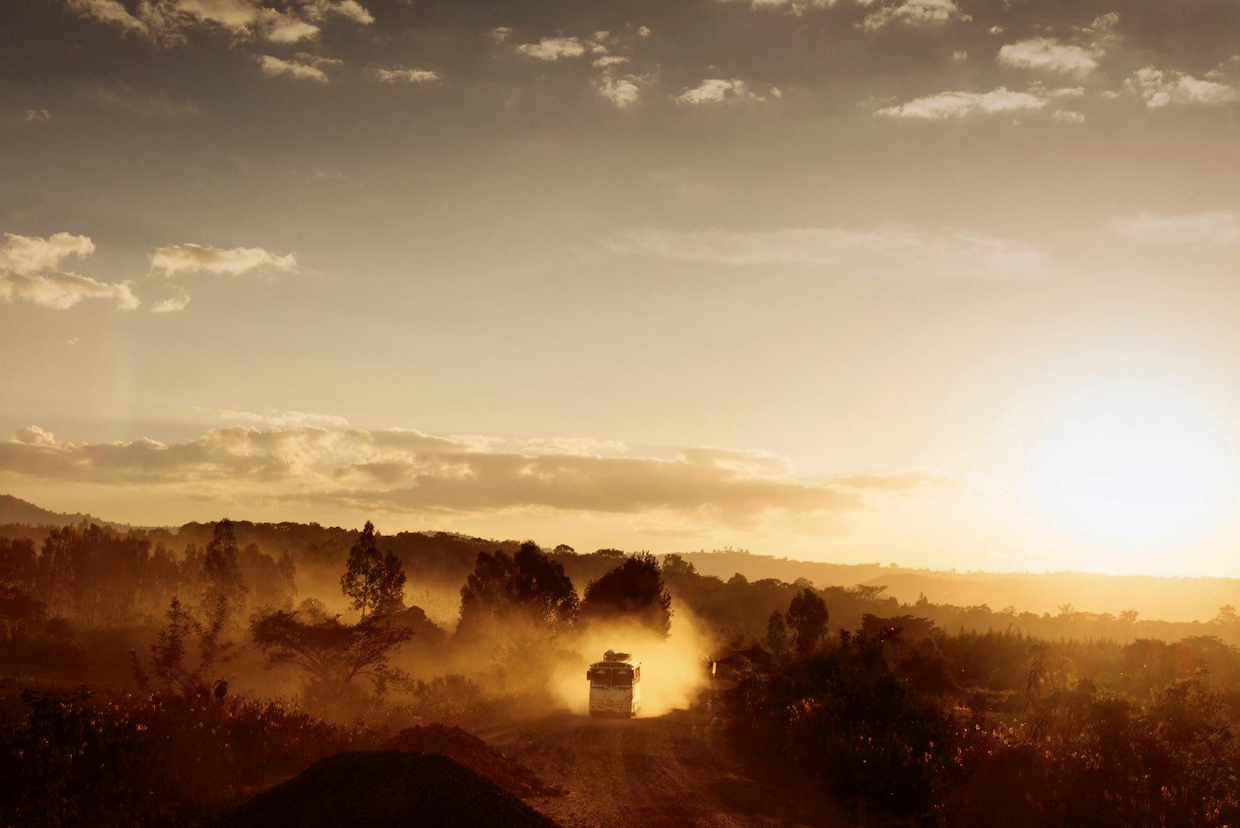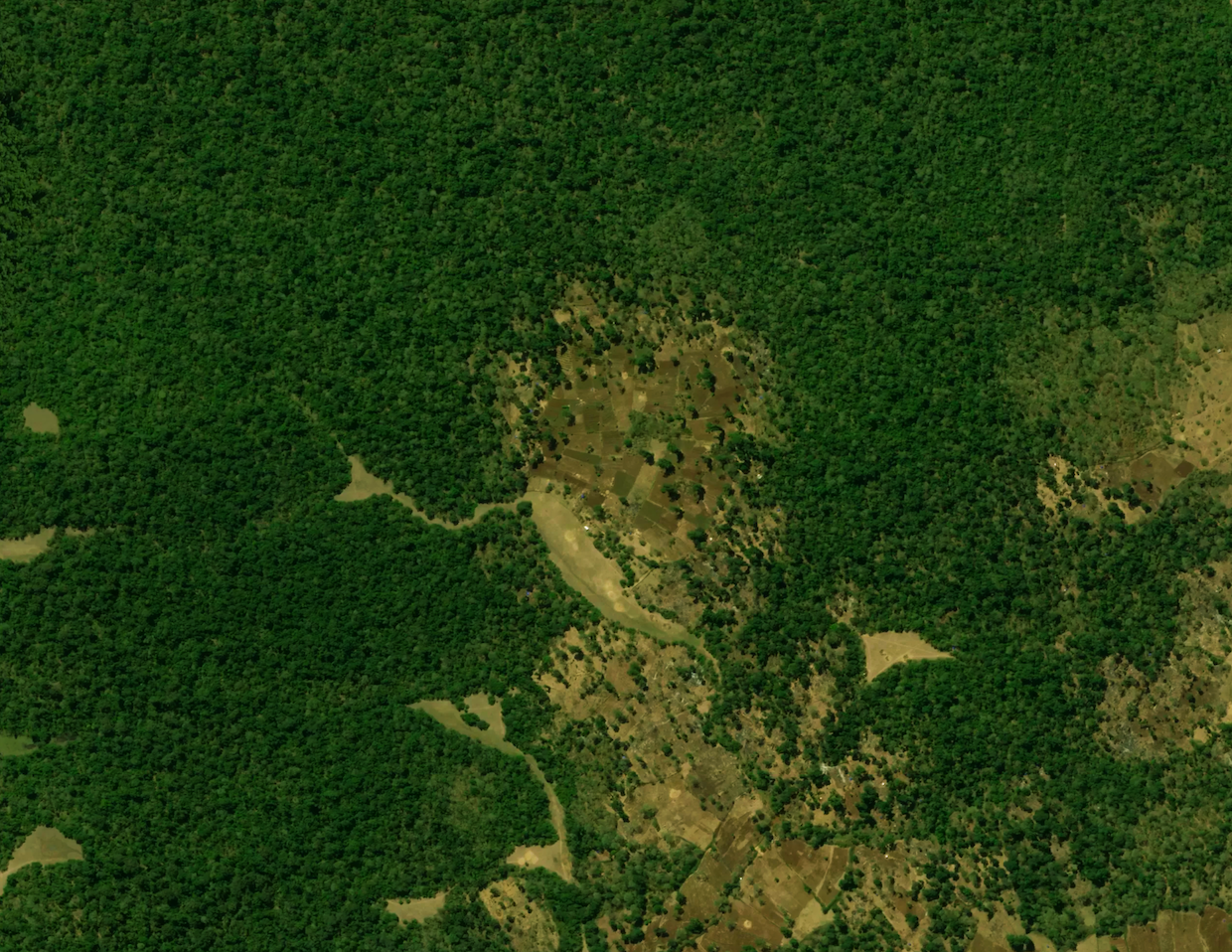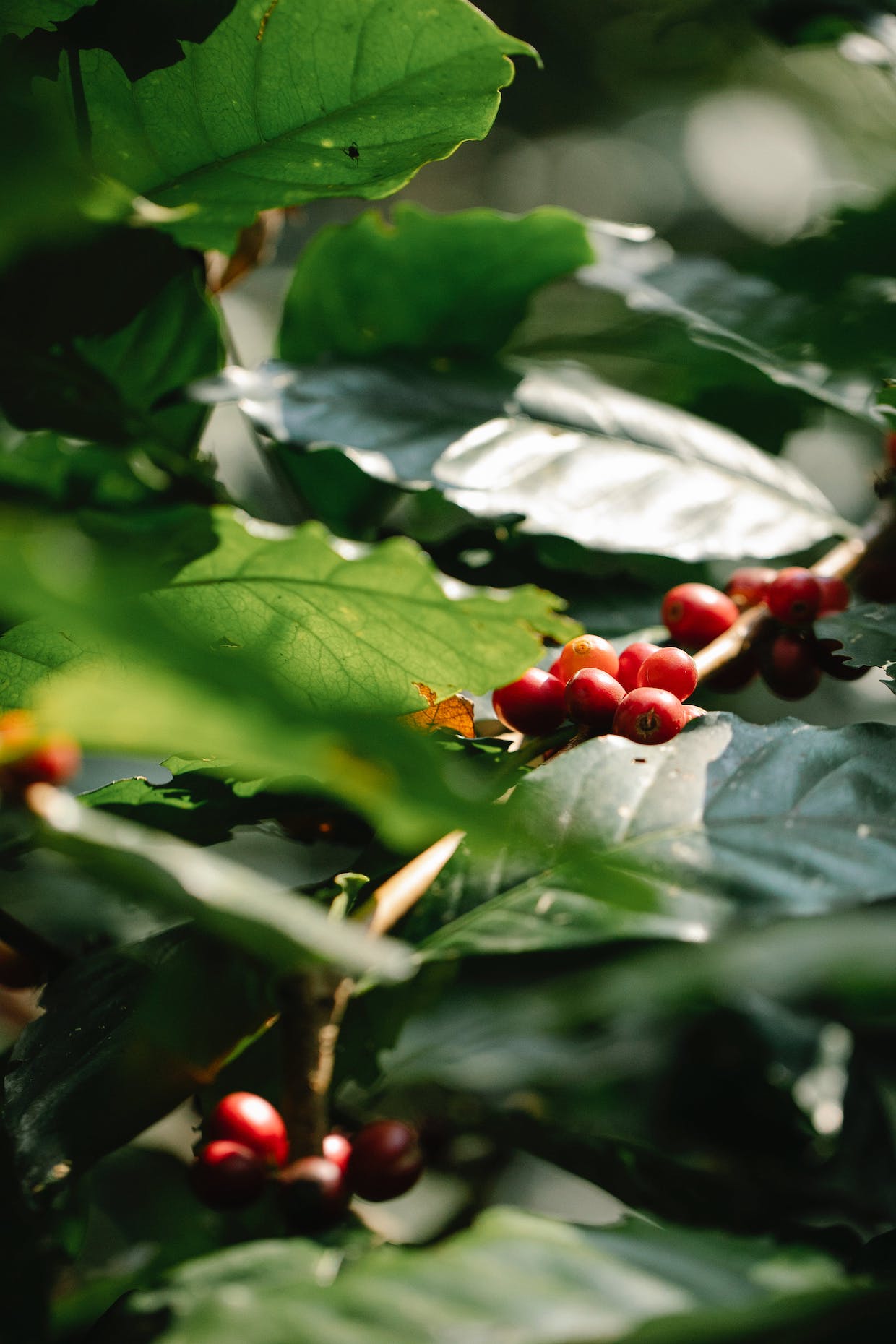I have worked in the specialty coffee trade for over a decade and, like many people in the industry, I believed for much of that time that specialty coffee was sustainable.
I believed that if higher prices were paid to producers, then enough money would be available to protect the environment. With almost all companies in the specialty coffee industry claiming to pay better prices to producers, then the environment must naturally be taken care of, right? This has been part of the specialty coffee sustainability narrative.
When I started Carble in 2021 with the aim to help the specialty coffee industry reward small-scale farmers for storing carbon in agroforestry farms, we started using remote sensing (satellite data) to quantify carbon emissions from deforestation in coffee supply chains, including farms that I had visited over the course of many years. The outcomes were unexpected and alarming.
One of the interesting aspects of remote sensing technology is that we can “travel back in time” — even if we only collect farm GPS polygons today, we can still access historic imagery of the last twenty years, and look at how the landscape has changed since. In all of the supply chains that we analyzed, deforestation was much, much worse than I had ever thought possible. Most farms were established on lands that were lush forests only 10 or 15 years ago.
When I personally visited these farms in the past, I had no idea of how much the landscape had changed prior to my arrival.
However, when we use these historic emissions to calculate the carbon footprint of the coffee (as a best practice, carbon footprints needs to include 20 years of historical emissions from deforestation, albeit with a linear discount applied), we see that the carbon footprint of specialty coffee is often up to 10 times as high as everyone assumes.
Another surprise came when we started to market our solution to brands and traders associated with the specialty coffee sector. The willingness to invest in reducing carbon emissions was minimal, with a few exceptions. The prevailing assumption was, “We’re already sustainable, right?”
To my surprise, we saw much more interest in reducing emissions in the mainstream coffee sector. Companies seemed eager to invest in making their businesses future-proof (a term that is often misused, but that in my definition means “preparing for planetary net zero in 2050”).
The only conclusion I could draw was this: The specialty coffee industry is not more sustainable; we just do not have a clue of what is actually going on in our supply chains.
When we started working outside of the specialty coffee sector, we were amazed to see what kind of data were already available. Our customers had already GPS-mapped the majority of farms in their supply chains (not just pinpoints, but actual GPS polygons). They collected data on the yields that their farmers had harvested every year, as well as data on the piece that was paid to all the producers — which allowed us to create much more accurate calculations of farmers’ income in relationship to a living income benchmark, before and after carbon payments.
Maybe even more important, companies were setting clear science-based targets, tracking progress towards their targets, and making realistic budgets available to meet the targets. Two examples stood out to me: Nestlé is planning to invest CHF 3.2B (USD $3.6 billion) on reducing their emissions, and Mars will invest at least USD $1 billion in decarbonization over the next three years. It makes me wonder: Is the specialty coffee industry falling behind?
The common answer I heard from companies in the specialty coffee industry was that they were too small to collect farm data, invest in remote sensing or calculate their carbon footprint. Yet if companies can maintain a data-driven approach to their roast profiles or their cupping scores, shouldn’t they want a data-driven approach to sustainability, as well?
In some cases, data-driven approaches to supply chain sustainability may become a necessity, not just a choice. Consider the new EU Deforestation Regulation taking effect throughout the EU.
In my opinion, what really needs to change in the specialty coffee industry is the narrative. Yes, we have been able to make massive improvements in terms of coffee quality. Now the next horizon is to make the same improvements in terms of sustainability, or our beloved specialty coffee industry will soon be obsolete in a world that demands climate-positive commodities.
Does your coffee business have news to share? Let DCN’s editors know here.
Sander Reuderink
Carble provides technology to monitor and reward deforestation-free farming at scale. Sander Reuderink, Carble's co-founder and CEO, started his career at age 13 as a computer programmer, but fell in love with coffee after visiting his in-lawʼs coffee farm in Jamaica. Before launching Carble, he was the commercial director at Trabocca, a supplier of Ethiopian coffee to many leading coffee brands. At Carble, Sander is responsible for the overall strategy and commercialization.









Comment